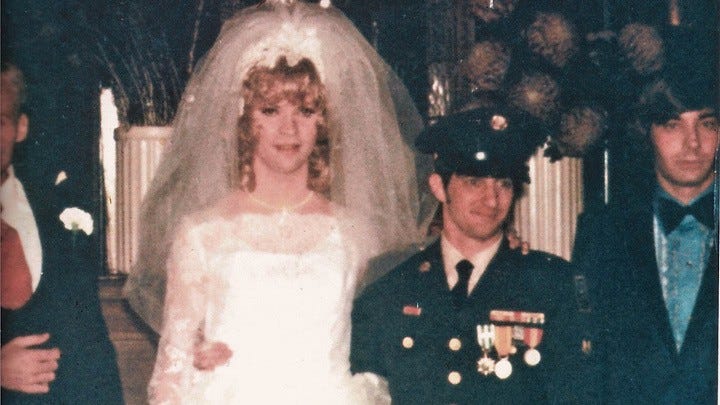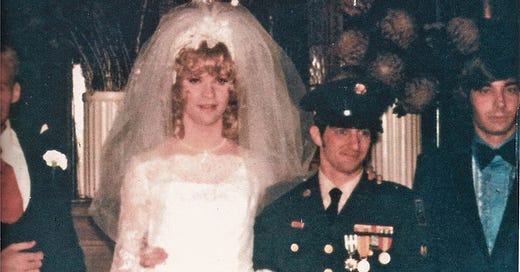Film Critics Have Failed LGBT Cinema By Misreading ‘The Dog’

John Wojtowicz, star of the new documentary The Dog, comes across as a selfish jerk. That, alone, has no real impact on the quality of the film. There are plenty of excellent documentaries about terrible people, and plenty of horrendous documentaries about wonderful people. The problem with The Dog is that its filmmakers, Allison Berg and Frank Keraudren
Keep reading with a 7-day free trial
Subscribe to Nonfics to keep reading this post and get 7 days of free access to the full post archives.



